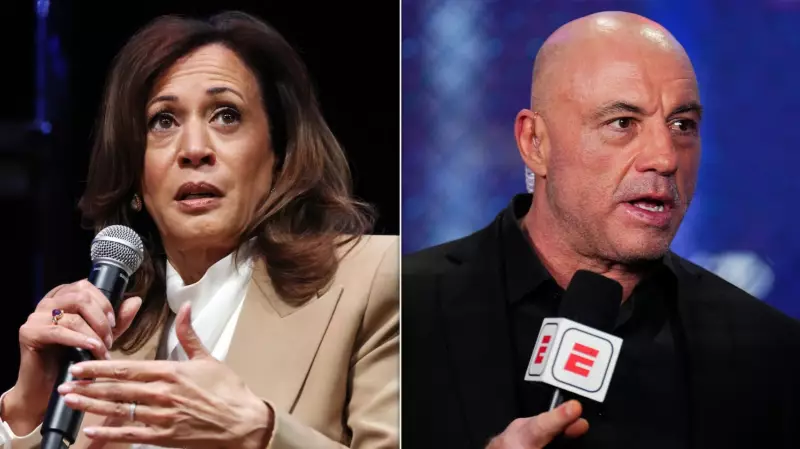
In a remarkably candid moment, Vice President Kamala Harris has revealed one of her biggest media regrets from the 2020 presidential campaign: turning down an opportunity to appear on Joe Rogan's massively popular podcast.
The Missed Opportunity
During a recent conversation, Harris reflected on her decision to decline an invitation to appear on The Joe Rogan Experience, acknowledging that she now views it as a significant missed chance to connect with millions of Americans outside traditional political circles.
"I should have done it," Harris admitted, pointing to the podcast's enormous reach and diverse audience. With Rogan's show consistently ranking as one of the most listened-to podcasts globally, the Vice President recognized the platform's potential to bridge political divides.
Changing Political Communication
Harris's reflection comes at a time when political figures are increasingly recognizing the importance of meeting voters where they are—even if that means appearing on platforms outside mainstream media. The admission signals a shift in how political leaders approach communication in the digital age.
"It's about speaking to people in spaces where they're already having conversations," Harris noted, emphasizing the importance of engaging with audiences across the political spectrum.
The Rogan Phenomenon
Joe Rogan's podcast has become a cultural touchstone, attracting guests from various backgrounds and political persuasions. The show's long-form, conversational format allows for nuanced discussions that traditional media often cannot accommodate.
Harris's regret highlights the ongoing challenge for political figures: balancing principle with pragmatism when deciding which platforms to engage with for maximum reach and impact.
Looking Forward
The Vice President's candid admission suggests a growing awareness within the Biden administration about the need to expand their communication strategies beyond conventional channels. As media consumption habits continue to evolve, political leaders are being forced to adapt their outreach approaches.
This revelation may signal a new chapter in political media strategy, where unconventional platforms become essential tools for connecting with the American public.





